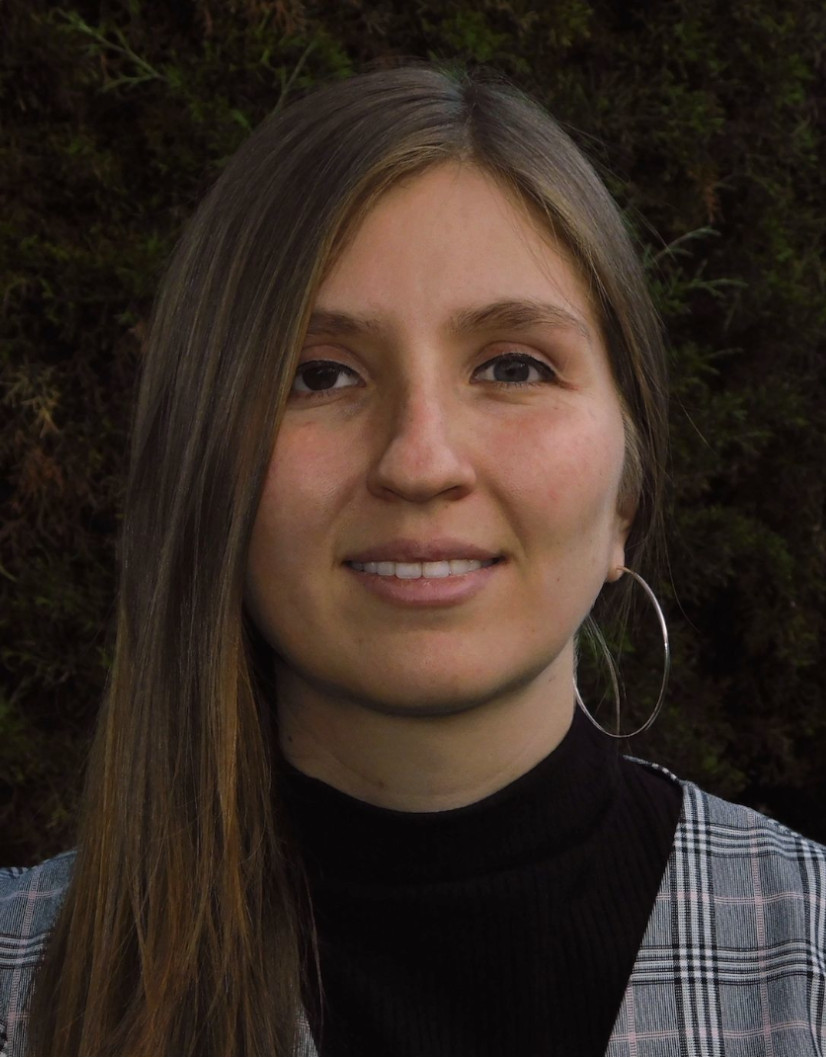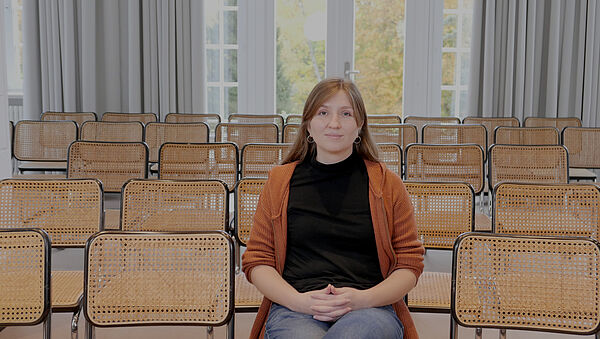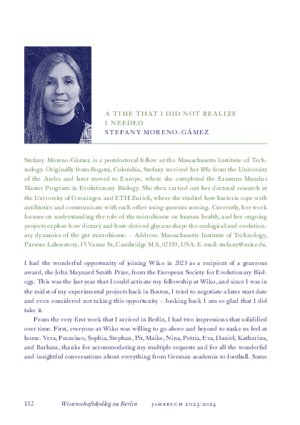
Stefany Moreno-Gámez, Ph.D.
Evolutionary Systems Biology
Massachusetts Institute of Technology, Cambridge
from September to December 2023
Born in 1992 in Bogotá
Studied Biology at the University of Los Andes, Evolutionary Biology at LMU Munich and the University of Groningen, and Evolutionary Systems Biology at the University of Groningen and ETH Zurich
Fellowship
John Maynard Smith Prize-Fellow
Arbeitsvorhaben
The Evolution of Resource Utilization Strategies in the Gut Microbiome
The human gut is home to trillions of bacterial cells that shape our metabolism and have a major impact on our health. One of the key functions that bacteria perform in the gut is to break down complex polysaccharides from our diet (commonly known as dietary fiber) that cannot be degraded by humans, since our digestive system harbors a limited enzymatic repertoire for carbohydrate utilization. To carry out this process, bacteria use a set of specialized enzymes in addition to membrane transporters to import large polysaccharides intracellularly. This machinery is encoded in gene clusters that are tightly regulated and that can vary considerably among bacterial species and even among different strains of the same species.During my time at the Wissenschaftskolleg, I plan to study the evolution of gene clusters for dietary fiber utilization in the Bacteroides, one of the most abundant genera of bacteria in the human gut. Using genomic analyses in combination with physiological data and mathematical modeling, I will explore whether there are trade-offs that explain the large structural and functional variation in polysaccharide degradation genes observed across these gut commensals. Moreover, I will investigate the role of horizontal gene transfer in shaping how these gene clusters are formed and organized in the genome and how this process depends on the complexity of the target fiber. Overall, I hope that this research builds an understanding of how the genomic content and architecture of polysaccharide utilization clusters in bacteria are linked to their functionality, which can inform the development of strategies for rational microbiome engineering using dietary fibers and probiotics.
Recommended Reading
Moreno-Gámez, Stefany, Robin A. Sorg, Arnau Domenech, Morten Kjos, Franz J. Weissing, G. Sander van Doorn, and Jan-Willem Veening (2017). “Quorum Sensing Integrates Environmental Cues, Cell Density and Cell History to Control Bacterial Competence.” Nature Communications 8: 854. https://doi.org/10.1038/s41467-017-00903-y.
Moreno-Gámez, Stefany, Daniel J. Kiviet, Clément Vulin, Susan Schlegel, Kim Schlegel, G. Sander van Doorn, and Martin Ackermann (2020). “Wide Lag Time Distributions Break a Trade-Off between Reproduction and Survival in Bacteria.” Proceedings of the National Academy of Sciences 117 (31): 18729–18736. https://doi.org/10.1073/pnas.2003331117.
Moreno-Gámez, Stefany, Michael E. Hochberg, and G. Sander van Doorn (2023). “Quorum Sensing as a Mechanism to Harness the Wisdom of the Crowds.” Nature Communications 14: 3415. https://doi.org/10.1038/s41467-023-37950-7.
Kolloquium, 29.11.2023
Humans, Microbes and Sugars
Bacteria have arguably shaped all ecosystems on earth. They are ubiquitous and play major ecological roles in the environments where they live. In this talk, I will discuss some of the most relevant bacterial communities for our species: the ones that live inside us. The human body harbours an astonishingly high number of bacteria, with all estimates indicating that they outnumber the amount of human cells. Despite mainly being perceived as pathogens, the collection of bacteria living in our body performs many functions that promote human health. They produce useful metabolites, help digest food, train the immune system and protect the body against infections. In fact, many modern diseases and autoimmune disorders result from disturbances to our microbiome.
A major factor shaping bacterial communities in the human body are sugars from our diet as well as sugars that we produce in body fluids like mucus and breast milk. Understanding how these molecules shape the physiology and functional properties of our microbiome may unlock new avenues for therapeutic interventions and personalized medicine.
Publikationen aus der Fellowbibliothek
Moreno-Gámez, Stefany (London, 2023)
Quorum sensing as a mechanism to harness the wisdom of the crowds
Moreno-Gámez, Stefany (Washington, DC, 2020)
Wide lag time distributions break a trade-off between reproduction and survival in bacteria

